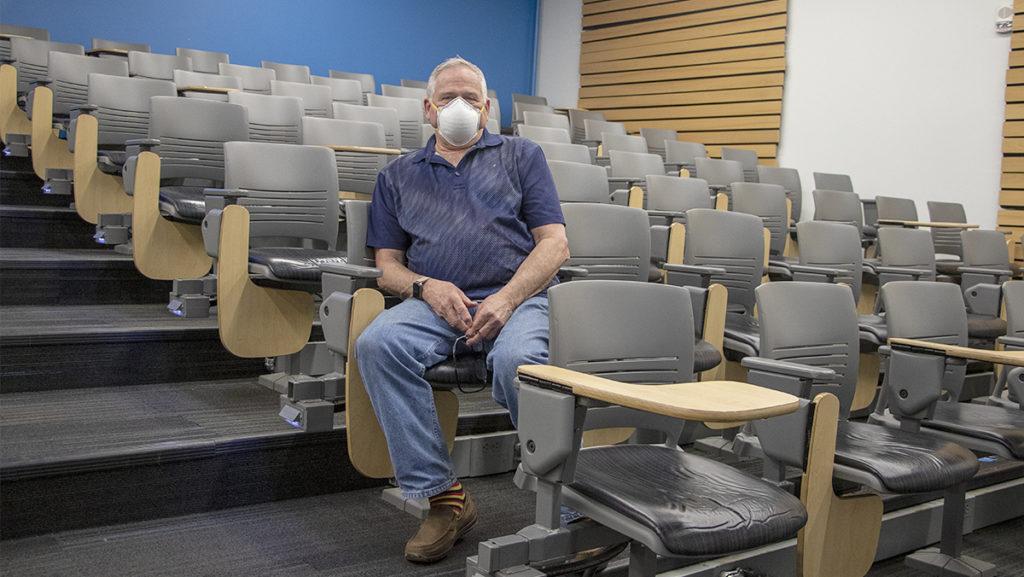One of the biggest weaknesses of Ithaca College is its lack of collaboration.
Throughout the years, different groups have siloed themselves from one another on all levels. Students typically stay within their respective schools. Faculty members are divided by rank. Staff members, many of whom keep critical parts of campus life running, are often left by the wayside. Everyone settles into these roles, and rarely do they step out of them during their time at the college.
Now, during a time of immense change, is the opportunity to take down those barriers. Faculty and staff are scared about losing their jobs amid a pandemic due to the Academic Prioritization Process (APP). Students are confused about the future of the college. Rather than just talking within our groups, listen to one another’s concerns. Ask how you can help. This is not an us-versus-them issue. It is everybody’s problem.
Students need to support faculty and staff during this time. The administration has said the APP will be collaborative. The questions are, when and how? As no decisions have been made yet, is this not the prime time to welcome a conversation about the process? People are clearly unhappy, but there is no clear forum to share these concerns. In the meantime, students need to reinforce the Faculty Council Executive Committee’s request for the administration to take two to three years to determine the proper faculty and staff size for the college.
It is concerning that the timeline is so condensed. A few months is not enough time to engage in thoughtful conversations with the campus community. After all, the strategic planning process took almost a year. That is not to say that the strategic plan is a perfect document, nor was it a perfect process — clearly, even though there were countless meetings and working groups, members of the campus community did not have a good understanding of what “appropriate size” meant.
In the coming months, if the administration offers opportunities for students to engage with the process, do it. The student body has an abysmal track record of not participating in open meetings and discussions, including those regarding changes to campus programs and administrative roles. The quality of your education is directly impacted by the APP. It is not enough to just sign a petition or make a post on social media. Ask questions of the administration. Share your concerns. Participate in the conversation.
The nature of a remote semester is not conducive to a synergetic process that involves all of the college’s stakeholders. For the sake of the campus community and the longevity of the college, there needs to be more than one-sided webinars, open-ended surveys and unanswered email correspondences. The reality of the situation is that even if the college is building on its strengths or moving in a different direction — whatever public–relations spin you would like to put on it — people are losing their jobs, and this cannot be taken lightly.



















